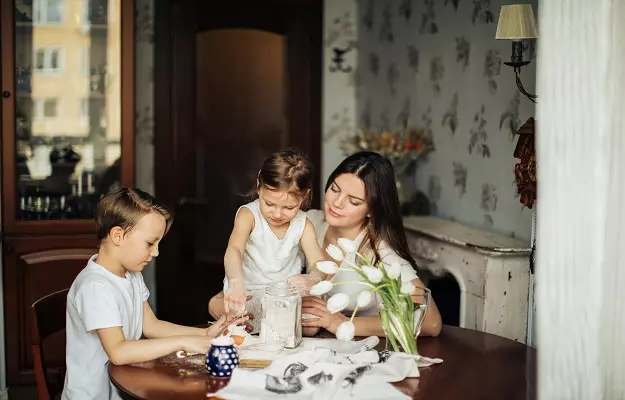The rise and spread of any new disease can be a cause of worry for parents. Children are prone to infections, including pneumonia and the flu. According to the World Health Organization (WHO), this is because kids are still developing their central nervous system, immune system, reproductive system and digestive system. Because they are also restless and active, the exposure level of children to environmental risks is quite high too.
So, it must come as no surprise that with the global spread of the Sars-CoV-2 or COVID-19 infection, most parents are worried about the well-being of their young children. This novel strain of coronavirus originated in China and has now spread all over the world. Since this is a new disease, research regarding its trajectory and impact is yet limited. (Read more: COVID-19 and children)
This also means that apart from taking all the preventive measures and staying updated about the progression of COVID-19, there is not much anyone can do in the current scenario. This poses a big issue for parents because, in all affected countries, schools were the first places to shut down to stop the spread of COVID-19 and to safeguard children’s lives.
With children now at home, and most severely affected cities across the world under lockdowns, parents have a tough job to handle. They have to explain the current scenario to children, keep them engaged as well as safe, teach them preventive measures, and continue to educate them despite schools being shut. This might seem like a very difficult prospect, but here are a few tips that will help parents.












































